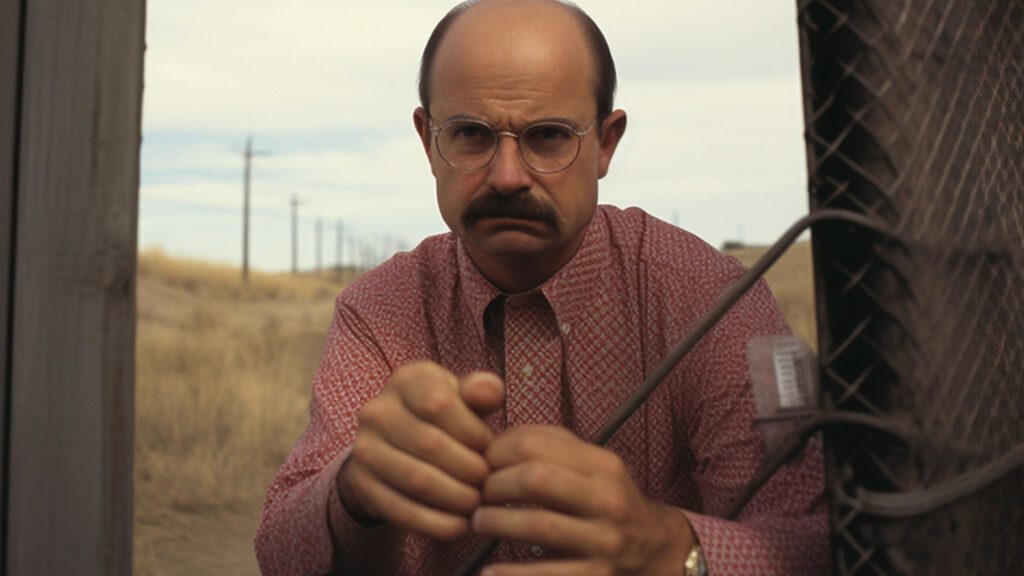Introduction:
The heinous crimes committed by Dennis Rader, better known as the BTK Killer, left a lasting scar on the Wichita community and the families of his victims. In this blog post, we delve into the punishment Rader received, his life behind bars, and the impact his crimes had on the lives of those left to grapple with the aftermath.
Punishment and Legal Proceedings:
In 2005, after over three decades of eluding justice, Dennis Rader was finally apprehended and brought to trial. In the courtroom, he confessed to ten murders, revealing the chilling details of his crimes. Rader pleaded guilty and received multiple life sentences without the possibility of parole. The punishment handed down to him ensured that he would spend the remainder of his days confined within the walls of a prison cell.

Life Behind Bars:
Since his conviction, Rader has been incarcerated at the El Dorado Correctional Facility in Kansas. Cut off from the outside world, he spends his days in a highly regimented prison environment, adhering to strict rules and routines. His contact with the outside world is severely limited, and his freedom and autonomy have been replaced with the constraints of prison life.
Adjustment and Isolation:
Life in prison is a stark contrast to the freedom Rader once enjoyed. He is no longer able to exert power and control over others, a factor that likely played a significant role in his crimes. Instead, he is subject to the authority of prison staff and the rules that govern life behind bars. The isolation and confinement are intended to protect society from further harm, while denying Rader the sense of power he once derived from his acts of violence.
Impact on the Victims’ Families:
The impact of Rader’s crimes on the families of his victims is immeasurable. They were forced to endure the devastating loss of their loved ones and grapple with the horrific details of the crimes. While some families have chosen to remain private, others have spoken out about their experiences.
For some, the knowledge that Rader will spend the rest of his life in prison brings a sense of closure and justice. However, the pain of their losses can never truly be erased. They must face the ongoing challenge of healing and rebuilding their lives in the wake of unimaginable tragedy.
Reflections and Moving Forward:
The punishment Dennis Rader received, a lifetime spent in prison, serves as a reminder that society will not tolerate acts of violence and terror. It stands as a deterrent for potential offenders and sends a message that justice will prevail.
While Rader’s imprisonment ensures that he can no longer harm others, it does not erase the scars he inflicted. The victims’ families continue to grapple with the pain and trauma caused by his actions, seeking solace and healing in their own ways.
Conclusion:
Dennis Rader’s punishment and life behind bars reflect society’s commitment to holding criminals accountable for their actions. As we reflect on the impact of his crimes on the victims’ families, we are reminded of the ongoing need to support and provide resources for those affected by such unimaginable tragedy. Through healing, resilience, and the pursuit of justice, we strive to create a safer world where the voices of the victims are heard and honored.